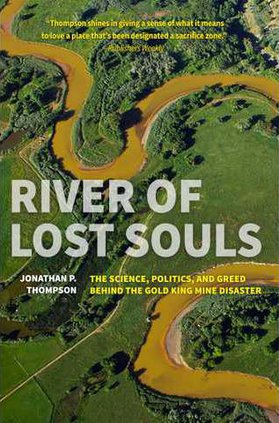During a pre-legislative session stop in Brunswick last week, Georgia Gov. Sonny Perdue said he supports plans to revitalize Jekyll Island and rebuffed opponents' charges that development would make visits to the state-owned resort too expensive and limited access for residents.
The governor said the $441 million redevelopment plan proposed by Linger Longer Communities to redevelop the state's "playground for the public" would not interfere with access, despite the claims of top opponent, Rep. Jeff Chapman (R-Brunswick).
"The condos and hotels that they want to build are in the area where people now have access to parking and can go to the beach at high tide, (where) there still is a beach. They're proposing to shove the people back and have on-street parking a mile away," Chapman recently told reporters. "I think that is unhealthy and I don't think it is in the best interest of people who want to enjoy their public beach on Jekyll Island."
Perdue responded during a press conference at the Brunswick Golden Isles Airport, "It's not the intent of anyone, certainly not mine, to limit anyone's access to public beaches."
Linger Longer Communities was chosen by the Jekyll Island Authority in September to revive interest in the island, following a six-year decline in visits, which hindered the authority's ability to reinvest in maintenance on the island's facilities.
The Greensboro development firm has proposed building a new convention center linked to a 400-room convention hotel and an economy and a mid-scale hotel on 45 acres that is about one percent of the total acreage of the island.
A mixed-use town center that will provide shopping and dining on the ground floor with vacation rental units in the upper levels is also planned.
The move to such upscale surroundings on Jekyll has caused challengers to contend the JIA is purposefully appealing to upper-income individuals, but Perdue said the plans he's seen "will keep Jekyll affordable for the average Georgian."
He added the development will not "do anything to disturb the natural habitats and water resources of Jekyll Island," a shot at conservationists who have questioned the project's environmental friendliness.
The governor said the $441 million redevelopment plan proposed by Linger Longer Communities to redevelop the state's "playground for the public" would not interfere with access, despite the claims of top opponent, Rep. Jeff Chapman (R-Brunswick).
"The condos and hotels that they want to build are in the area where people now have access to parking and can go to the beach at high tide, (where) there still is a beach. They're proposing to shove the people back and have on-street parking a mile away," Chapman recently told reporters. "I think that is unhealthy and I don't think it is in the best interest of people who want to enjoy their public beach on Jekyll Island."
Perdue responded during a press conference at the Brunswick Golden Isles Airport, "It's not the intent of anyone, certainly not mine, to limit anyone's access to public beaches."
Linger Longer Communities was chosen by the Jekyll Island Authority in September to revive interest in the island, following a six-year decline in visits, which hindered the authority's ability to reinvest in maintenance on the island's facilities.
The Greensboro development firm has proposed building a new convention center linked to a 400-room convention hotel and an economy and a mid-scale hotel on 45 acres that is about one percent of the total acreage of the island.
A mixed-use town center that will provide shopping and dining on the ground floor with vacation rental units in the upper levels is also planned.
The move to such upscale surroundings on Jekyll has caused challengers to contend the JIA is purposefully appealing to upper-income individuals, but Perdue said the plans he's seen "will keep Jekyll affordable for the average Georgian."
He added the development will not "do anything to disturb the natural habitats and water resources of Jekyll Island," a shot at conservationists who have questioned the project's environmental friendliness.




